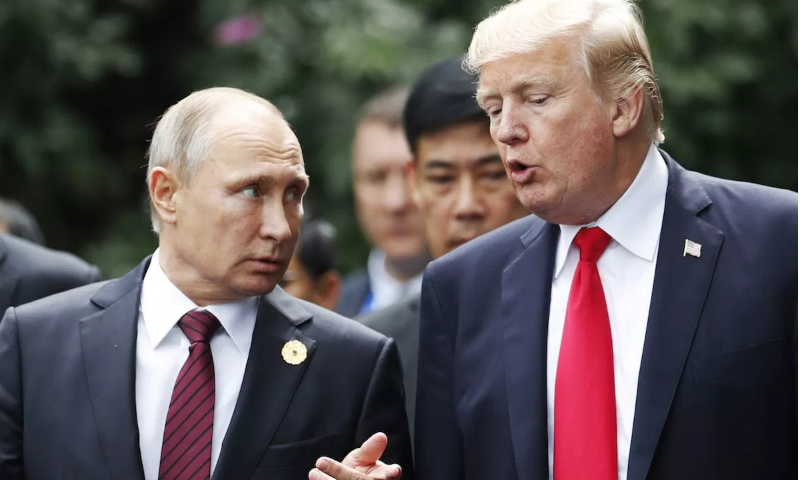American Interest: Georgia's aim to join NATO has made it a prime target for Russia, but Tbilisi eases strains by pursuing practical cooperation

Russian aggression in Georgia and Ukraine has undermined the post-Cold War structure of peace in Europe, – reads the article published by American Interest.
The authors of the article are: Denis Corboy – visiting senior research fellow at King’s College London, former European Union ambassador to Georgia and Armenia; William Courtney – an adjunct senior fellow at the nonpartisan, nonprofit RAND Corporation, he was U.S. ambassador to Kazakhstan, Georgia; Kenneth Yalowitz – the director of the MA Conflict Resolution program at Georgetown University and a global fellow of the Woodrow Wilson Center, he was U.S. ambassador to Belarus and Georgia.
According to authors of the article, Russian aggression in Georgia and Ukraine has undermined the post-Cold War structure of peace in Europe and raised concerns that Moscow might employ force elsewhere against neighbors. As they noted, In fact, Russian invasions and military occupation of parts of Ukraine and Georgia have been driving forces in the decline in Russia’s relations with the West.
“These crises should receive priority attention at a Trump-Putin summit, but risks of Russian power plays against other neighbors also merit consideration. Trump could encourage Putin to show restraint and give his diplomats more leeway to resolve conflicts”, – the article reads.
The authors of the article focus on July 16 Trump-Putin summit in Helsinki and note that President Donald Trump could benefit from a coordinated Western approach toward Moscow.
“At the July 11-12 NATO summit, leaders should consider priorities and develop clear policies, especially regarding Russian aggression in Ukraine and Georgia. Absent this, Trump’s hand with Putin may be weakened. The U.S.-Russia summit, if properly prepared and conducted, could begin to put a floor under tense relations. Progress, however, may depend in part on whether Putin sees the West as unified and Trump as someone who speaks for it. Putin likely perceives disunity between America and Europe in Trump’s revocation of his support for the June 9 G-7 summit communiqué and his criticisms of German Chancellor Angela Merkel, Canadian Prime Minister Justin Trudeau, and other leaders. And Putin can be expected to play on this in efforts to split the West and obtain concessions from Trump, such as sanctions relief”, – the article reads.
Atrical reads that: “In Georgia, Russian forces have occupied Abkhazia and South Ossetia since 2008, when Moscow waged war against its southern neighbor. Georgia has made significant reform strides, such as holding free and fair elections and spurring economic growth and openness. Its aim to join NATO has made it a prime target for Russian hard power and propaganda, but Tbilisi eases strains by pursuing practical cooperation.”